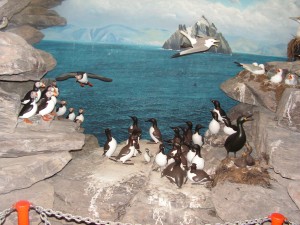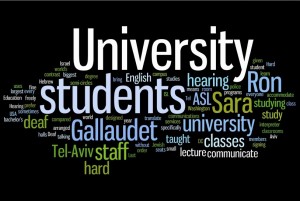I’ve been encountering mentions of this book for the past few years and had not had the opportunity to read it until now. After finally realizing that this is not a standard “whodunit” murder mystery book I was delighted when a dear friend lent me the book.
I finished the book in five days.
After I read the first five pages I stopped for a minute and studied the very large photo of the author on the inside cover. I was a bit concerned that the book was going to be patronizing – a white man writing about life as a female African in Botswana sees it. But the storytelling is great and the combination of the tales of the heroine’s own life and the cases she solves is fascinating so I forgot about such concerns. I wanted to read more.
So, when discovering book number two “Tears of the Giraffe” at the library (needed to stock up on books for the holiday!) I broke my own tradition of not reading two books by the same author in a row and began it at once.
It isn’t as good. Besides the fact that I think the author didn’t keep the clever balance between personal stories and stories told through cases, now I’m bothered by the authors patronizing tone. Not regarding Africa, regarding the USA. He is really trying to “ram down your throat” a message that America is only about a “grab grab” empty consumer culture. I would like to remind him that American television does not represent a huge percent of American people in this HUGE country!
Perhaps I should have stuck to my original rule – never read two books by the same author in a row!




